Clearing Out a Deceased Parent’s House: What to Keep, What to Toss
Sorting through a parent’s home means facing decades of objects that carry weight in different ways. Every drawer, box, and photo brings back history, and you’re forced to decide what stays and what goes. The work is tiring, but it shifts how you think about your own belongings and the value they really hold.
Label Everything Clearly
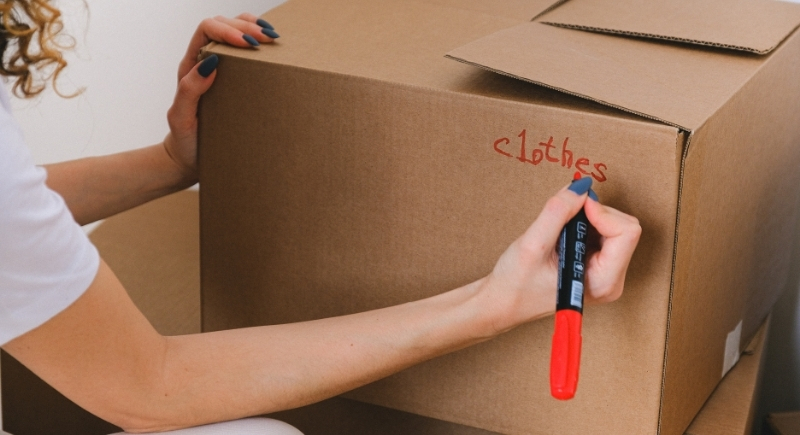
Credit: pexels
Labels create a clear storage map for everyone, make organization effortless, and automate return trips. They cut search time, guard against losing items, and keep even helpers from shoving things in the wrong spot.
Toss Broken Appliances
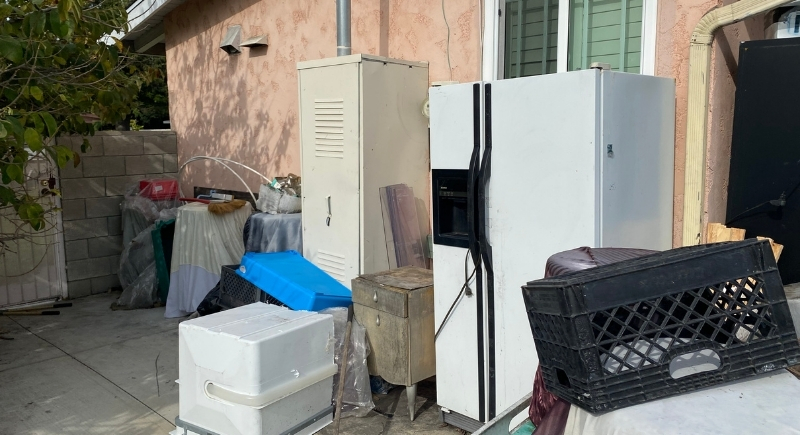
Credit: Getty Images
Keeping broken appliances wastes space and energy, as they will never magically fix themselves. They add emotional and physical clutter, making rooms harder to clean and organize. Dispose of or recycle them to create room, simplify decision-making, and shift focus toward valuing functional and necessary items.
Let Go of Old Clothes

Credit: Canva
Clothes that no longer fit, suit your style, or serve a purpose quickly turn into burdensome piles. Sentimental attachments can make parting difficult, but worn-out garments eat up storage space. Sorting with questions like “Do I need this?” prevents excess, eases emotional strain, and spares future generations from managing heaps of outdated or damaged clothing.
Clear Expired Pantry Items

Credit: Canva
Regularly check dates and rotate items so older stock gets used first, and discarding what’s past safe use ensures pantries are functional. Expired food can attract pests, cause illness, and hide what’s still edible. The result is less waste and a kitchen that stays clean, efficient, and easier to manage.
Digitize Old Photos
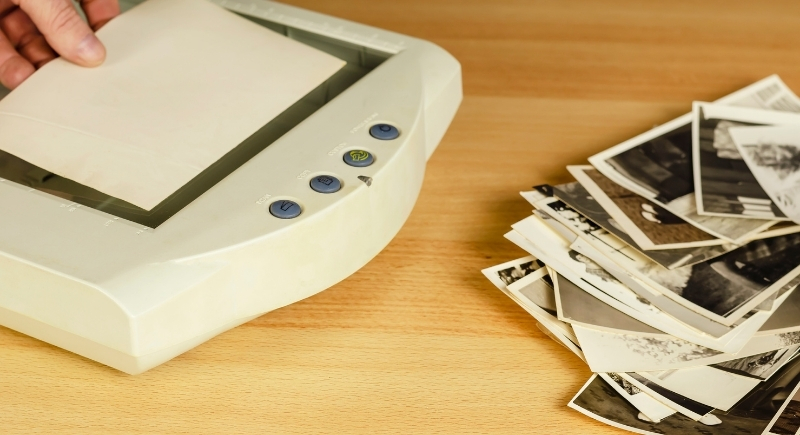
Credit: Canva
Paper photos fade, tear, and warp, which makes long-term preservation tricky. Scanning them creates permanent backups you can share instantly with family and friends. Digital copies can be organized by date or event, edited to repair damage, and stored safely in multiple locations.
Ditch Unwanted Gifts
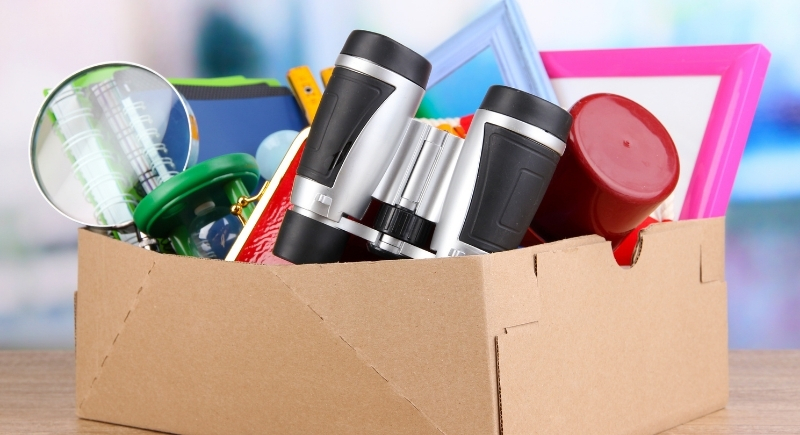
Credit: pixelshot
A gift you never used doesn’t earn a permanent spot in your house. Holding onto it out of guilt just fills shelves and boxes with things you don’t need. Pass it along to someone who will use it, and you keep the memory without dragging around the object.
Curate Collections Carefully
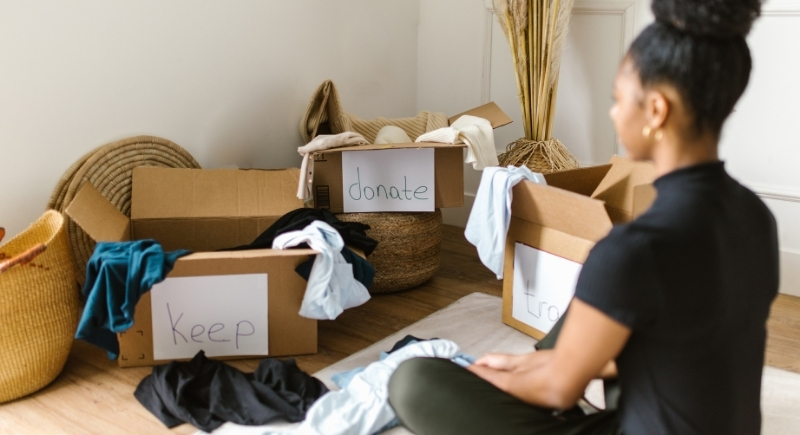
Credit: pexels
Save only selective collections with value, not every related item. Evaluating each piece’s meaning or usefulness keeps only the most important artifacts, preserves family history, and prevents clutter from overshadowing sentimental treasures. This process also turns once-overwhelming piles into manageable, intentional displays with clear stories worth passing down.
Empty the Attic Junk
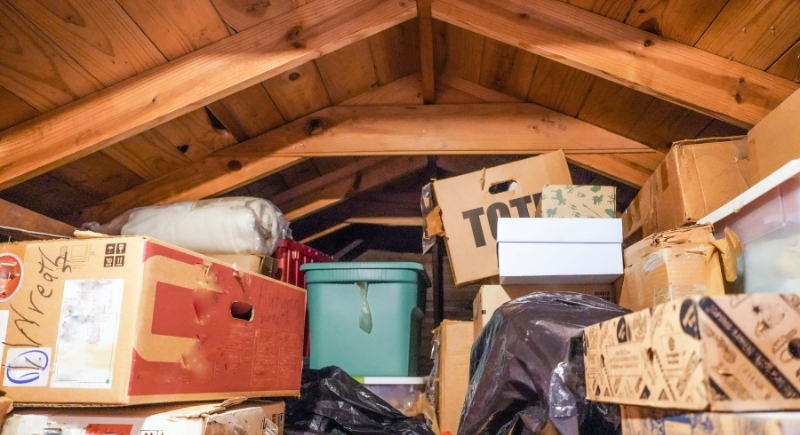
Credit: Getty Images
Sorting through attics can uncover family history, but it also forces decisions on what stays or goes. They trap decades of forgotten, broken, and dusty purchases. Tackling it in stages avoids burnout and clears storage for practical use.
Stop Storing for Others
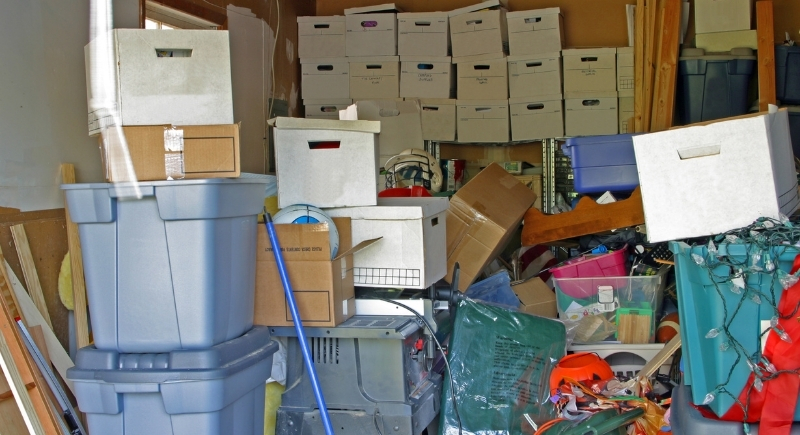
Credit: Getty Images
When you agree to hold someone else’s boxes, you’re often just taking on clutter that never leaves. If the owner hasn’t needed it in years, odds are they never will. Let it go now instead of passing the burden down the line.
No More Mystery Boxes

Credit: pixelshot
The thrill of ripping into a sealed box fades fast when you realize you’ve paid for clutter you never needed. Mystery boxes lure you into collecting random objects that hog storage space, cause indecision, and often bring zero real value. Over time, they quietly eat away at your money, mood, and home’s organization.
Remove Duplicate Items
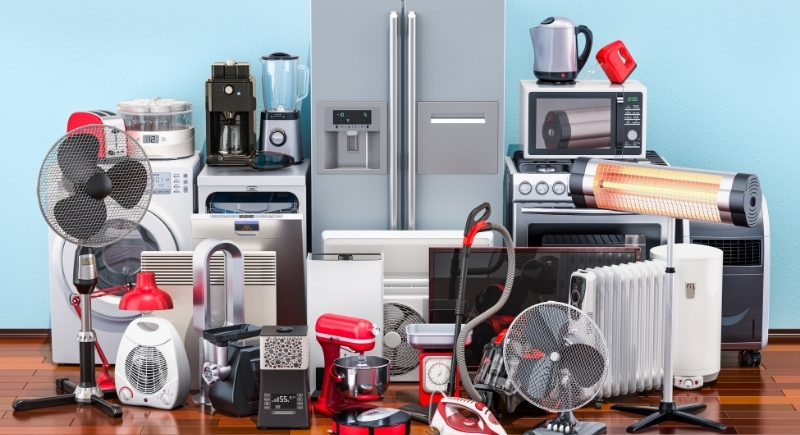
Credit: Canva
Multiple versions of the same thing make organizing harder and waste space. Keep the best or most functional option and pass the rest. Fewer duplicates mean faster decisions, easier cleaning, and less overwhelm during sorting. It’s a simple way to create breathing room without losing anything important.
Mark True Family Heirlooms
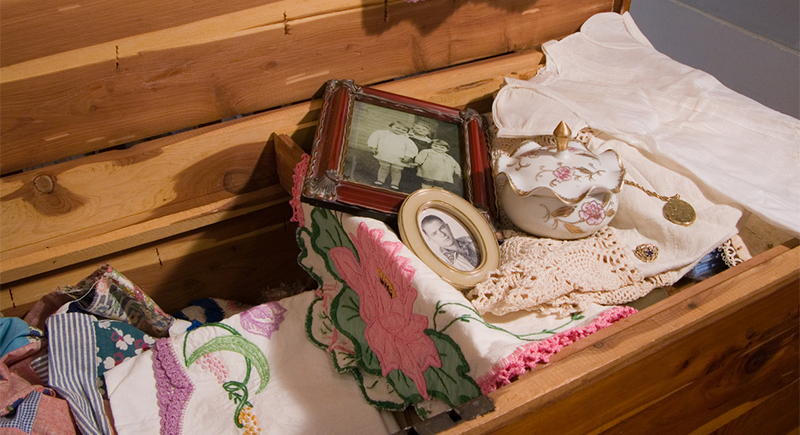
Credit: iStockphoto
Without documentation, meaningful items risk becoming anonymous clutter. Label heirlooms with their history—who owned them, when, and why they matter. This preserves family stories, strengthens generational connections, and prevents important pieces from being mistaken for random junk during future clean-outs. Clear records keep both object and memory alive for decades.
Store Important Papers Together
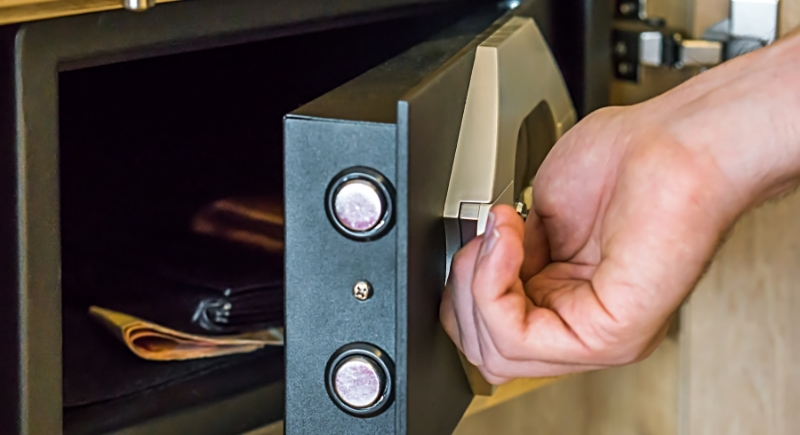
Credit: Getty Images
Storing documents in one secure, labeled spot—like a fireproof safe—prevents loss and speeds up legal, medical, or financial tasks. This habit makes emergencies easier to handle and ensures heirs aren’t stuck hunting for vital records after you’re gone. Scattered papers slow you down when you need them most.
Avoid the “Valuable” Trap
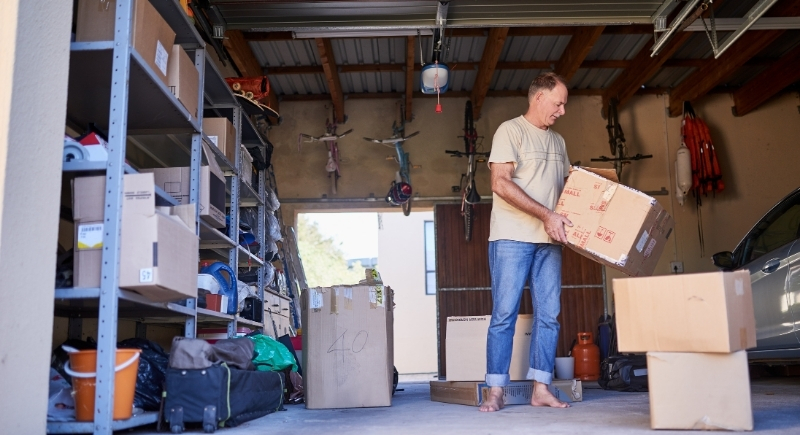
Credit: Getty Images
Not every belonging from a parent’s home has lasting worth. Be realistic, keep what’s useful or sentimental, and discard the rest. Emotional ties can inflate perceived value, making it harder to let go. This cuts stress, opens space, and avoids passing unnecessary litter to the next generation.
Purge Extra Wires and Cables
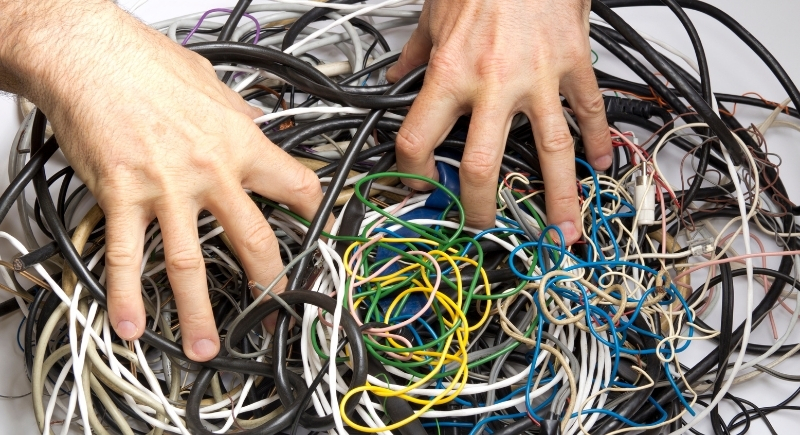
Credit: Getty Images
Tangled cords collect dust, take up drawers, and create hazards. If a cable doesn’t match any current device, recycle it. Proper disposal reduces mess, prevents tripping accidents, and makes finding needed cords faster. Organized tech storage keeps your space safer and much easier to maintain.